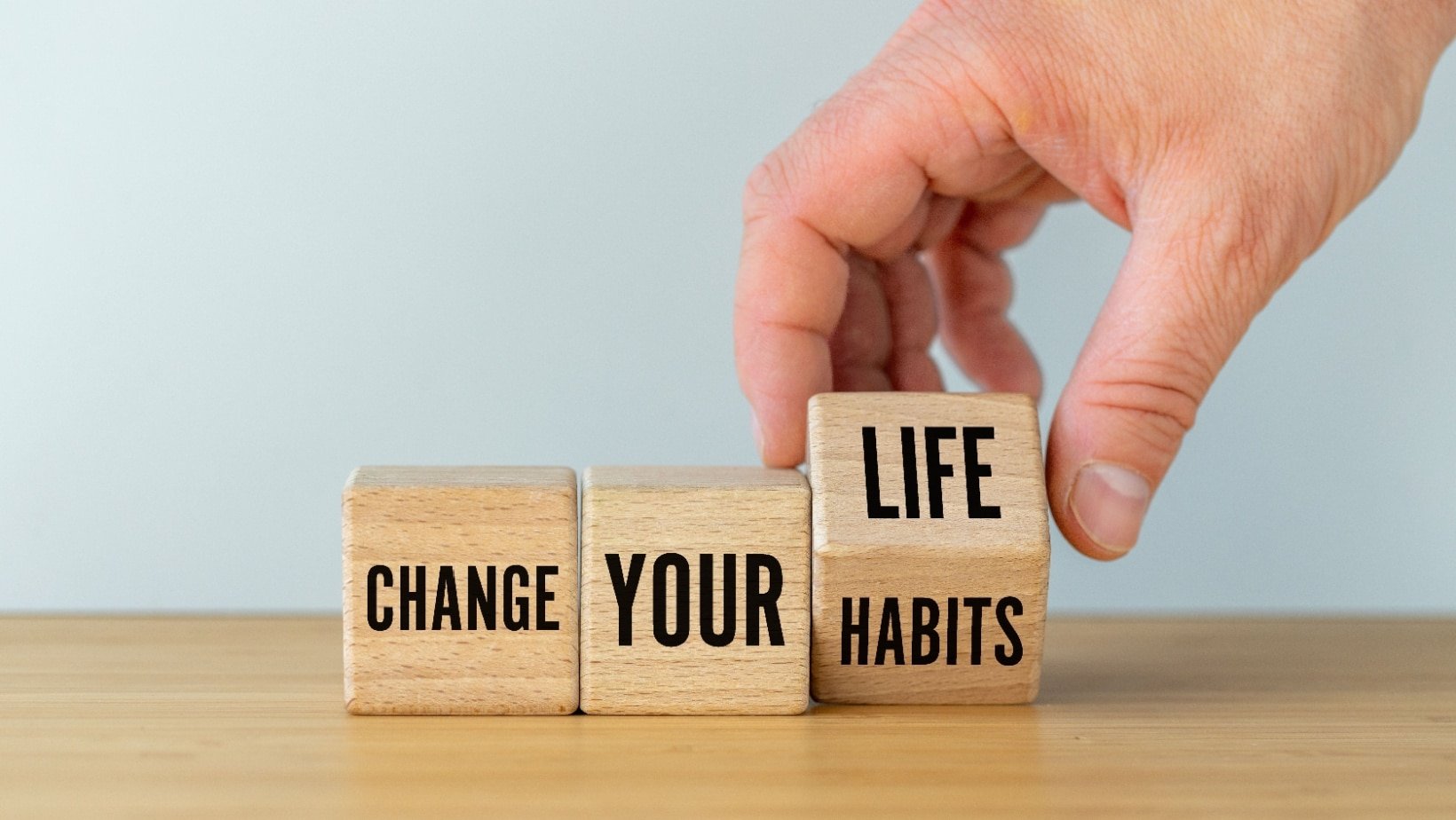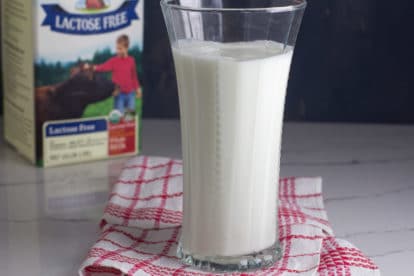From batteries that spark fires to chemicals that poison water, some everyday items are too dangerous for the trash.
Most people discard things without considering their ultimate fate. However, some everyday items are banned from regular trash cans due to their environmental and public health hazards. Ignoring those rules doesn’t just risk fines; it also makes waste management harder for entire communities.
These items need special disposal because they contain chemicals, batteries, or materials that don’t break down safely. Some can even cause fires or leak toxins into water supplies. Knowing what can’t go in the trash makes you a more responsible neighbor and saves you future trouble.
Batteries

Whether it’s the AA in your TV remote or the rechargeable battery in a power tool, you can’t throw them out with household garbage. They can leak acid or spark fires inside trash trucks. Many stores and recycling centers have bins for safe battery disposal.
Electronics

Old laptops, phones, and TVs may seem harmless when discarded, but they contain hazardous metals like lead and mercury. These chemicals can poison soil and groundwater. TechReset reports that you can be fined if you are caught disposing of laptops. That’s why most states require you to take them to e-waste drop-off points instead of putting them in regular trash.
Paint

Leftover paint contains harmful solvents that don’t belong in landfills. Tossing cans in the trash can contaminate water systems. Many cities offer hazardous waste collection days where you can bring old paint, and some retailers even take it back for free.
Motor Oil

Used oil from your car contains heavy metals and toxic chemicals. If it ends up in the wrong place, it can pollute thousands of gallons of water. Some states, such as Wisconsin, explicitly ban the landfill disposal of used oil. Auto shops and recycling centers often accept it for free, making it easy to do the right thing.
Prescription Drugs

Expired or unused medication should never be thrown in the trash. They can be misused or leak into groundwater. Pharmacies and police stations often have take-back programs that safely dispose of them without harming the environment.
The U.S. Drug Enforcement Administration (DEA) periodically hosts National Prescription Drug Take-back events. During these Drug Take-Back Days, temporary drug take-back locations are set up in communities nationwide for safe disposal of prescription drugs.
Fluorescent Light Bulbs

These bulbs last a long time, but when they break, they release mercury, which is hazardous even in small amounts. Mercury is regulated under the Resource Conservation and Recovery Act. You’re required to recycle them properly through hardware stores or special recycling centers instead of tossing them with glass bottles.
Tires

Old tires can’t be dumped in landfills because they don’t decompose easily and trap gases that make them a fire risk. Most tire shops charge a small fee to take them back when you buy replacements, ensuring they’re recycled safely.
Refrigerators and Freezers

Appliances like these contain refrigerants that damage the ozone layer. Tossing them out is illegal in many states unless the chemicals are drained first. Certified disposal services handle this safely, and some programs even pay you for recycling old appliances.
Pesticides

Garden pesticides and insect killers are considered hazardous waste. Throwing them in the trash puts sanitation workers at risk and contaminates soil. Cities often hold seasonal collection events where you can drop them off without penalty.
Propane Tanks

Small or large propane tanks are never allowed in household trash, as it’s against the law, according to Irish Propane. They’re highly flammable and can explode if compacted in garbage trucks. Most gas suppliers or exchange programs accept used tanks to make sure they’re handled safely.
Disclaimer – This list is solely the author’s opinion based on research and publicly available information. It is not intended to be professional advice.
Like our content? Be sure to follow us.
How Total Beginners Are Building Wealth Fast in 2025—No Experience Needed

How Total Beginners Are Building Wealth Fast in 2025
I used to think investing was something you did after you were already rich. Like, you needed $10,000 in a suit pocket and a guy named Chad at some fancy firm who knew how to “diversify your portfolio.” Meanwhile, I was just trying to figure out how to stretch $43 to payday.
But a lot has changed. And fast. In 2025, building wealth doesn’t require a finance degree—or even a lot of money. The tools are simpler. The entry points are lower. And believe it or not, total beginners are stacking wins just by starting small and staying consistent.
Click here and let’s break down how.
5 Easy Steps to Change Any Habit

5 Easy Steps to Change Any Habit
We all click on them with the hope that just THIS time the secret to changing a bad habit or adopting a healthy one will be revealed and we’ll finally be able to stick to that diet, stop that one or ten things that might in the moment make us feel temporarily good but really just make us fat, unhealthy, sad, mad or just frustrated with ourselves.





